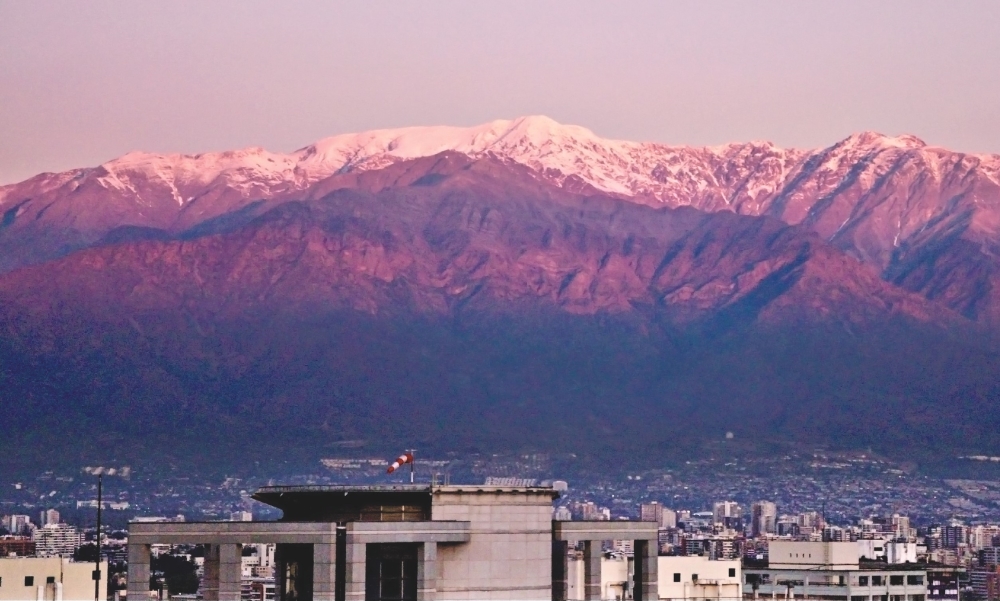This article is adapted from AQ’s special report on Latin America’s armed forces.
It’s as if Chilean director Patricio Guzmán knew what was going to happen in late 2019.
The images of uprising, fracture and hope for a better future in his latest film, La Cordillera de los Sueños (The Cordillera of Dreams), feel like a prelude to Chile’s recent outcry.
For every Chilean, the Andes mean something a little different. In this meditative documentary, Guzmán interviews sculptors, artists, historians, scientists and others in between to discuss what role these mountains play in their lives: a natural border that protects, but also isolates; a mother; a container of all the world’s secrets; a country within a country; a labyrinth.
For Guzmán himself, the Andes are a metaphor for the dreams of those Chileans who live far away, and a silent witness to the country’s tumultuous past.
Guzmán was exiled after being held as a political prisoner for 15 days at the National Stadium in 1973. While he fled the country, Guzmán’s colleague Pablo Salas remained, filming years of protests and repression. “Pablo is one of those who stayed. I am one of those who fled,” Guzmán said in the film. “But we have one thing in common: We are marked by the same utopia.”
Guzmán visits his childhood home in Santiago, now barely standing between two skyscrapers. With melancholy and what sounds like guilt, he talks about a country he no longer recognizes.
His interview subjects recall what it was like to live during the coup of 1973 and the years that followed.
Images from Salas’ archive, stored on old VHS tapes, are eerily similar to those seen again recently on the streets of Santiago: barricades, helicopters, fires, police firing tear gas, military tanks roaming the streets, an excess of force.
Guzmán draws a visual parallel between the horrors of dictatorship and the fractured rock of the Andes, implying a fractured Chilean society. “My wish is that Chile recovers its childhood and its joy,” said Guzmán. It is the reflected hope of an exile, and a tribute to those who stayed behind.
—
Fuentealba is media relations manager at AS/COA








